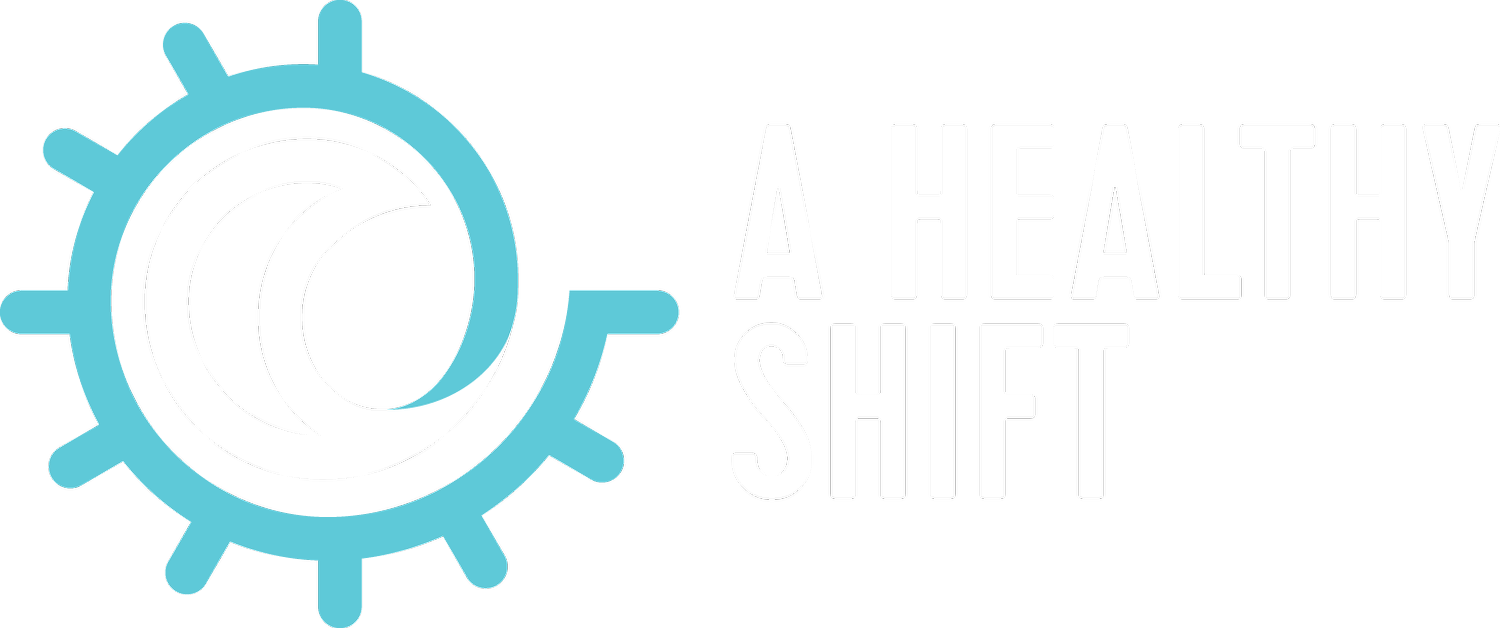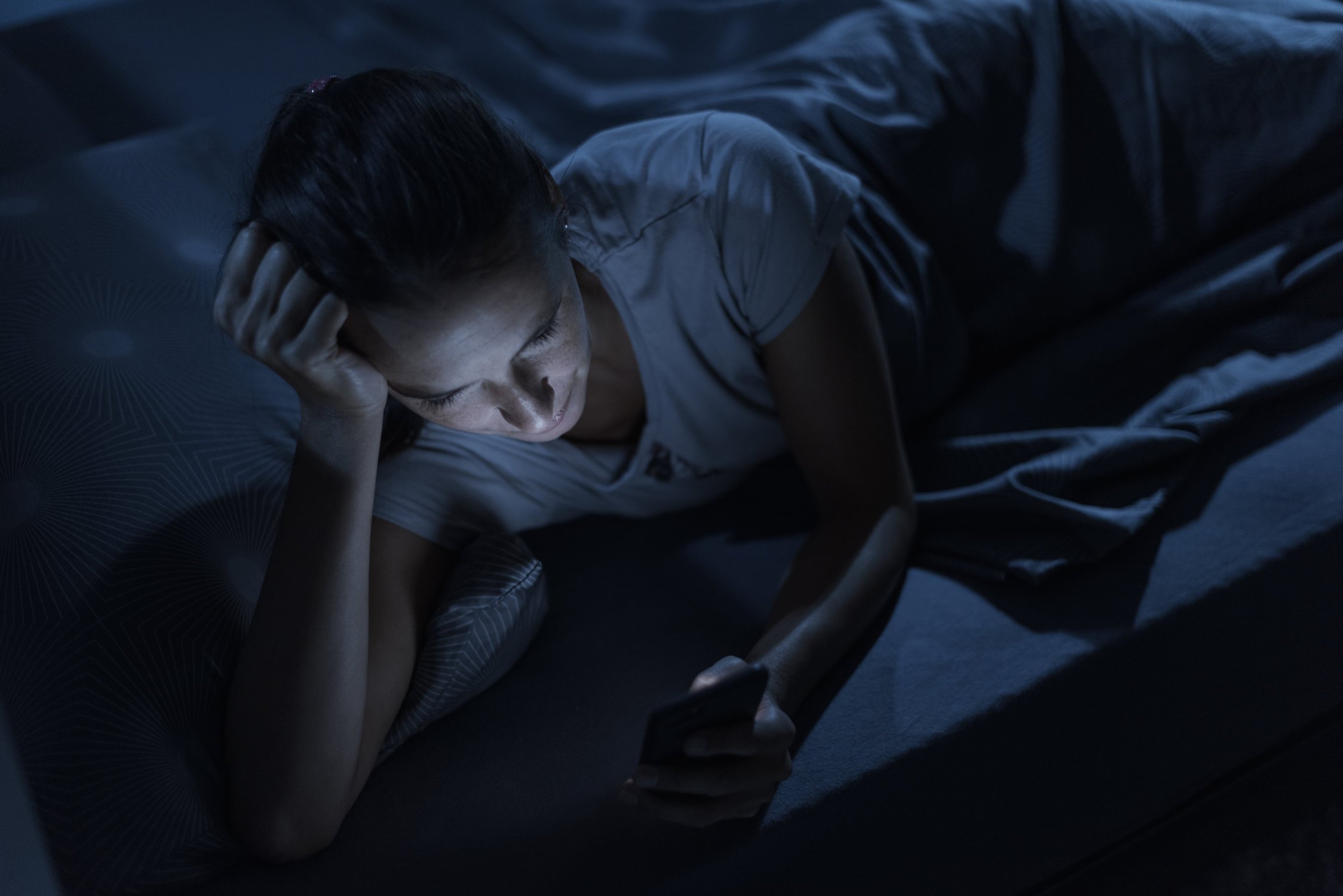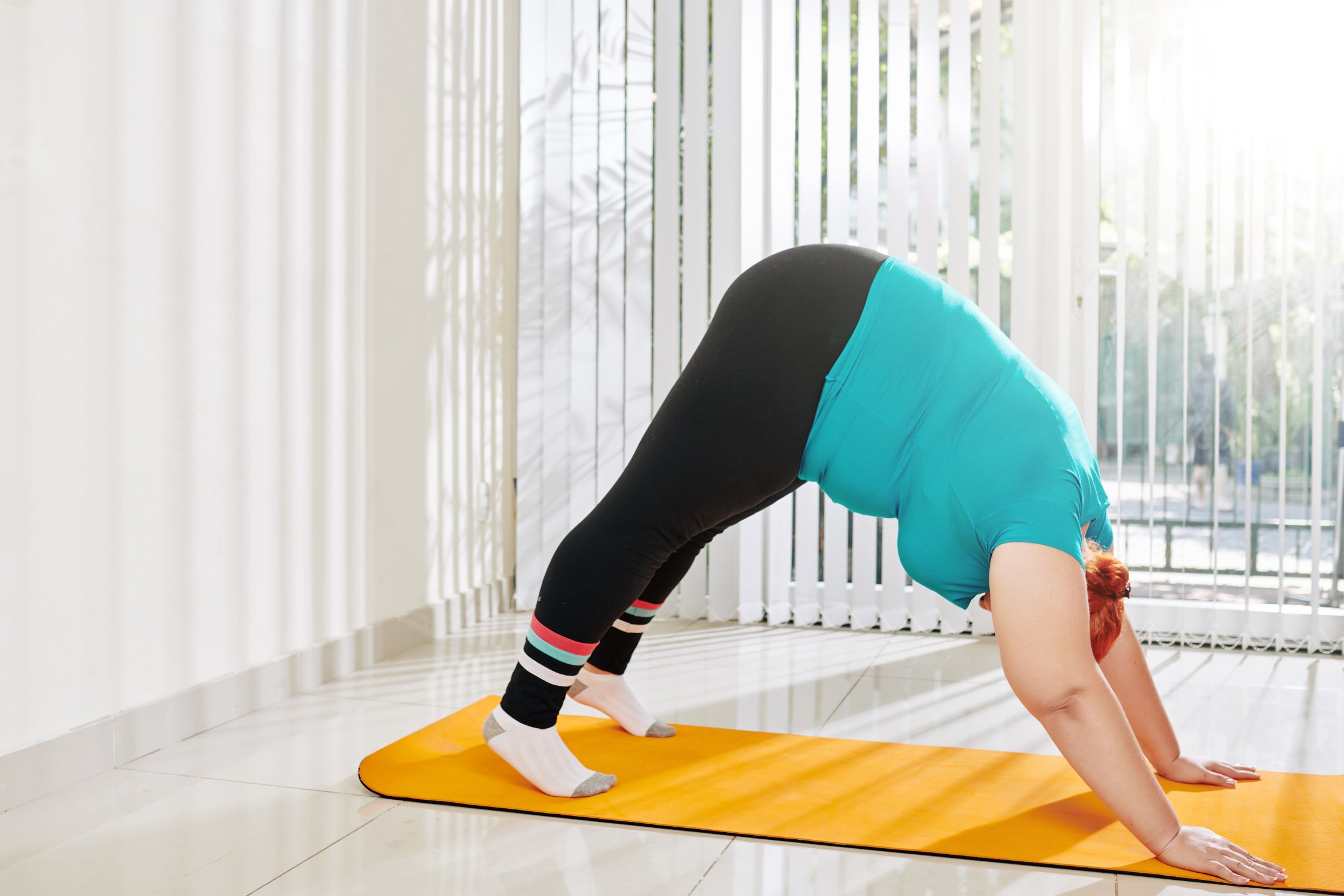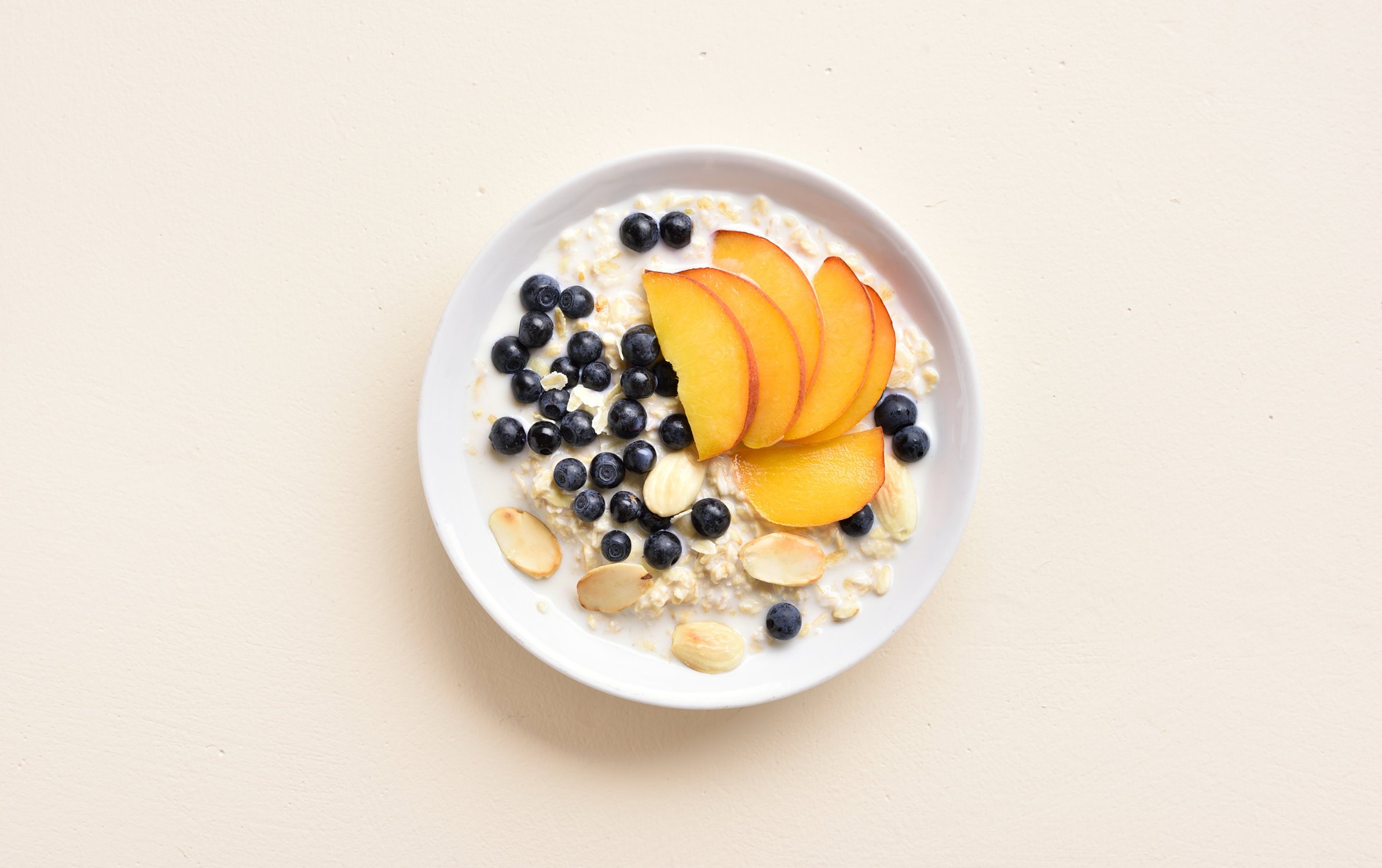5 Tips to sleep better on nightshift
Nightshift and sleep — UGH, it’s always a massive struggle to get quality sleep, isn’t it?
When you simplify it, is it any wonder though? — we’re forcing our bodies to work opposite to what it biologically wants to do.
Firstly, let’s visit exactly why it’s so difficult.
We have a natural circadian rhythm that is controlled by a gland in the brain called the hypothalamus. The hypothalamus controls the release of all hormones and our daily physiological cycles. It would be best described as our bodies ‘master clock’.
Regulating our body temperature, releasing hormones, controlling hunger, managing sexual behaviour, regulating emotional responses, thirst, sleep, and most importantly, our ‘circadian rhythm’. It’s fair to say our hypothalamus plays an enormous role in daily function.
To go super basic here, the hypothalamus responds to signals it receives of light and dark via our eyes. This, in turn, regulates our circadian rhythm and the release of hormones.
While we are working opposite to our biological day/night rhythm, let’s give our body its absolute best possible chance to sleep as naturally as possible while functioning against our natural rhythm.
So, how do we achieve this?
Tip 1: Avoid caffeine
There is no way am I about to tell you to avoid caffeine permanently (we don’t need that kind of negativity around here), so relax and read on. However, it’s important that you know and understand the following.
Caffeine has a half-life of approximately 6 hours. This means that when you consume caffeine, half of it is still in your system 6 hours later. Caffeine molecules replicate and block our adenosine receptors which keep us awake; we need adenosine to help us to become tired and fall asleep.
Yes, we all know the people that can have caffeine late and go to sleep, but the sleep is not quality, and there is the potential to wake up.
Caffeine also puts our body into a sympathetic state (see below under stress). We need to be giving our body its best possible chance to sleep, not hindering it.
Be careful with products other than coffee that contain caffeine. Tea, energy drinks, soft drinks (yes, even sugar-free ones) and cocoa-containing chocolate (i.e. nearly everything besides white chocolate) all contain caffeine.
Solution:
Avoid excessive caffeine and don’t consume caffeine a minimum of 6 hours before bed.
Be very careful of caffeine-containing products. It all adds up.
Tip 2: Avoid blue light
Going back to our hypothalamus being stimulated by light and responding accordingly with the release of hormones, we need to avoid light exposure to our eyes, particularly blue light.
By simply reading this article, you are exposing your eyes to blue light. If you want to see the difference, then just turn on your blue light filter and look at the difference. Notice the yellow tinge on the screen. That’s because the harmful blue light spectrum has been eliminated. The difference is enormous, right?
Your eye naturally protects you from some spectrums of light; however, your eye has no natural structure to protect you from the blue light emitted from screens.
Exposure to blue light signals to the hypothalamus that it’s daytime and that it should suppress melatonin secretion — melatonin is the hormone that induces sleep.
Solution:
Avoid looking at any backlit screens (tv, mobile phone, tablet or computer screen) at least 2 hours before bed.
Tip 3: Manage Stress
As a shift worker, our body is already stressed by what we are putting our body through.
Just functioning opposite to our circadian rhythm is a huge stress on the body. This is compounded by the stresses that our jobs bring.
We can control 1 of these, so let’s address that.
In very simple terms, the autonomic nervous system is controlled by, you guessed it, the hypothalamus and is a control system that runs from the base of the brain right down our spine and out to all of our organs.
The autonomic nervous system controls and regulates bodily functions such as heart rate, digestion, respiratory rate, pupillary response, urination and sexual arousal.
We have 2 sides to our autonomic nervous system — parasympathetic and sympathetic — both sides are important to keep us alive.
The sympathetic nervous system is our body’s fight or flight response. A rush of hormones signals to speed up our breathing (mouth breathing), increase our heart rate to oxygenate our muscles and deliver fresh oxygen to the brain. While this is a great response for us to escape danger, this is a terrible place for us to live. Staying in this state instructs the adrenal glands to produce the hormone cortisol, which keeps us in that state chronically.
We will not sleep while in this state.
On the opposite side is the parasympathetic or our body’s rest and digest state. This state undoes what the sympathetic state achieved and promotes a calming state, returning our body to normal function, enhancing digestion and conserving energy for use later.
This is where we want to live most of the time and it also allows us to sleep.
Solution:
Listen to calming music post-shift until you get home and go to sleep
Minimise social media stimulation that can trigger an emotional response
Journaling to brain dump thoughts
Meditation for stress management
Being aware and managing your breath
Check you are not breathing through your mouth
Slow and deliberate nose breathing (4 seconds in 6 seconds out)
Tip 4: Avoid a heavy meal before bed
Remember, we want to be in a parasympathetic (rest and digest) state for sleep.
A heavy meal up to 2 hours before we go to bed can put a strain on our digestive tract.
However, a light carbohydrate and protein meal before bed can be enormously beneficial. Carbohydrate aids the onset of sleep by boosting tryptophan and serotonin (2 important chemicals for sleep), and protein aids the preservation of lean tissue while keeping us satiated throughout the night.
Solution:
Have a light carb and protein meal post-shift to help you go to sleep and stay asleep
Oats and protein are ideal, and perhaps a little fruit on top to slow down the oxidisation of protein while you sleep.
Tip 5: Look into your room
Stand at the door and look into your bedroom.
Is that somewhere that looks super comfy, cool, dark and the most amazing place for sleep?
If not, do something about it. Invest in the most important activity in your life (no, not that one, it’s sleeping),
Seriously, sleep is extremely important, so invest in making your room dark, cool and quiet.
Solution:
Here are a few things to get you started:
Blackout blinds
A fan (white noise and air movement)
Cool flow comfy pillow
Cool flow comfy mattress
Eye mask
Earplugs
The list is endless, but if you nail those things, you can rest assured (see what I did there) that you are at the very least setting yourself up properly for sleep.
If you can’t sleep, look at all those things as potential contributors.
What else is there that you can think of?
Comment below so we can all see.
